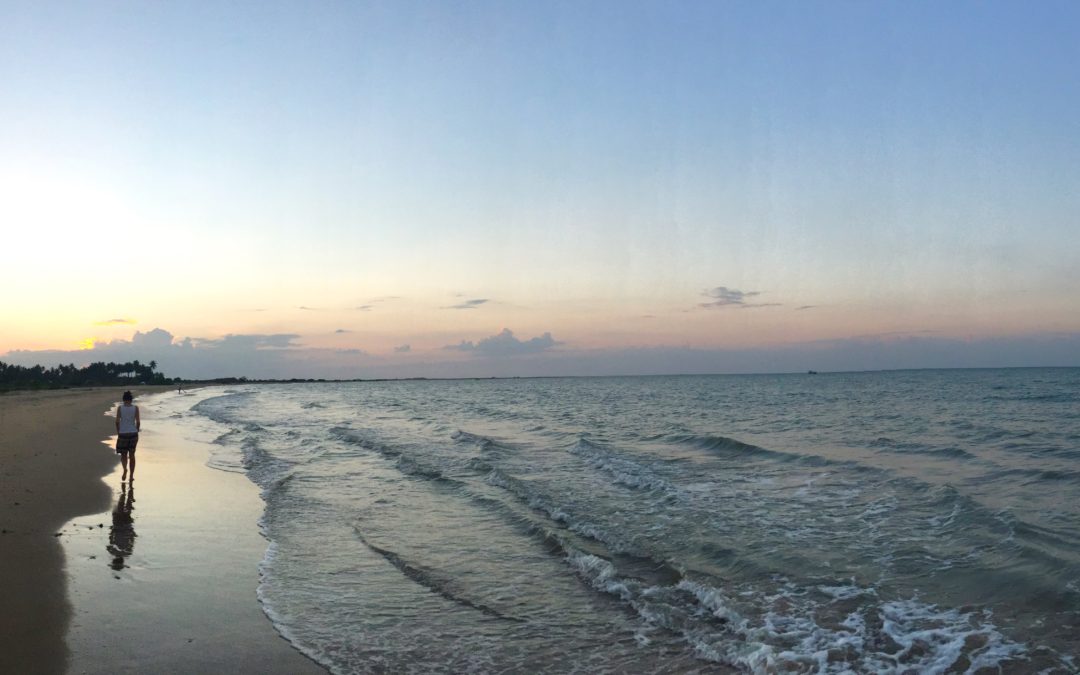“What if things happened differently?” is a question we have all asked our selves at some point in our lives. It is not uncommon for us to wonder how things might have been if we had made different decisions or if certain events had taken another course.
Considering counterfactuals can be an interesting exercise for learning from the past, but we should not get hung-up on them. We have to remember that the alternative course of history that may have resulted is entirely speculative and fundamentally unknowable (unless we are dealing with controlled experiments in a lab). It is also extremely difficult to judge if things might have been “better” or “worse”.
Reflecting on this reminded me of a story I heard many years ago. The setting is a village in ancient China.
The story of the horse
A struggling family of farmers received a horse as a gift from a nobleman who had taken pity on them. It was the only horse in the village and everyone praised the family’s good fortune, “oh, what a blessing that horse is”, they said. The mother of the family, who was a wise woman simply said, “let’s see”.
The son put the horse to good use in the fields boosting their harvest significantly. Then one day he fell from the horse and was crippled. Everyone in the village lamented, “oh, what a curse that horse is”. The mother in all her grief replied with, “let’s see”.
The following year a warlord building an army swept the village, conscripting all its young men except, the crippled son. Everyone in the village now exclaimed, “oh, what a blessing that horse is”. And, the mother’s response ― you guessed it ― “let’s see”.
What the story of the horse shows us is the difficulty of gauging consequences and how their perceived “goodness” and “badness” can vary over time.
It’s the means not the end
There is another more subtle lesson in this story. That it is really the means that matter and not the end ― because the end is fundamentally unknowable. It is how we engage in the journey that is important and not the destination, because really, what is the destination? It is then fully engaging in whatever we do with our whole hearts that truly matters.
What and why?
Wherever we are in our lives, dwelling on the “what ifs” will only get us so far. What is more useful to ask is “what do I want to do with my life and why?”. Too often, we can get bogged down in how we should have done things differently or about different decisions we might have made.
Fully acknowledging how we got to where we are is indeed fundamental to being able to move forward, but reprimanding ourselves for the past helps no one.
We all have the power to change and to make the best of ourselves. The starting point is deeply acknowledging our current reality and truly asking ourselves “what next and why?”.


Recent Comments